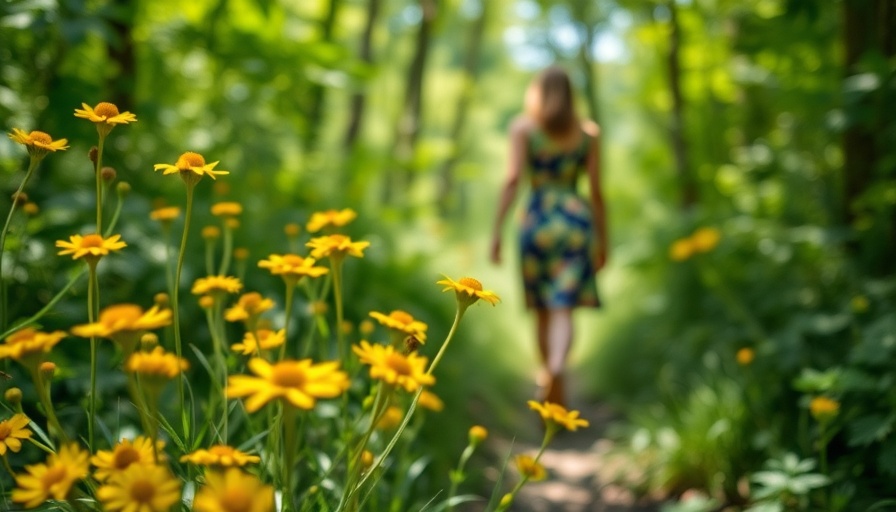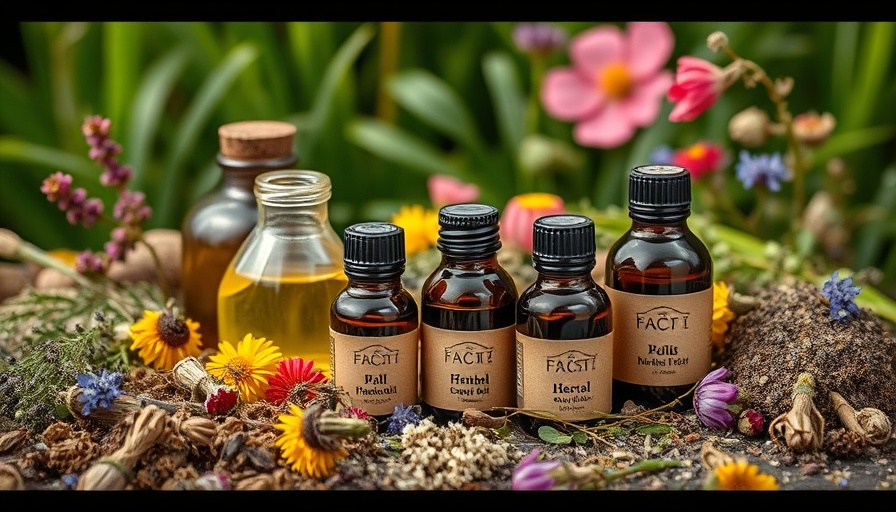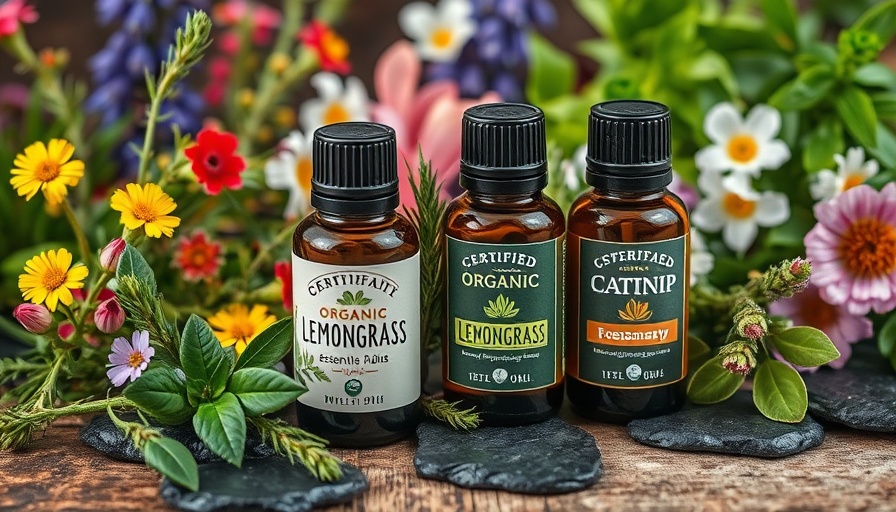
Revitalizing Connections: The Importance of Wildharvesting Education
In a world increasingly driven by industrial farming, the age-old practice of wildharvesting is not just a method for obtaining natural resources; it is a lifeline for sustainable living. In the summer of 2025, Mountain Rose Herbs proudly sponsored a transformative training seminar at Oshala Farm in the scenic Rogue Valley of Oregon. Organized by Appalachian Sustainable Development (ASD), this gathering was a profound step toward enhancing the skills and knowledge of wild harvesters committed to ethical practices, an initiative that echoes the growing need for sustainability in our ecosystems.
Building Community: Why Sustainable Education Matters
Sustainable wildharvesting is not only about gathering plants but also fostering connections among those who dedicate their lives to this craft. Educational programs, like the one hosted by ASD, create a community where participants share best practices and support each other in their endeavors. By improving their skills and understanding of ethical practices, these wild harvesters are empowered not only to bolster their own livelihoods but also to ensure the longevity of the resources they cherish.
From Myth to Method: Common Misconceptions About Wildharvesting
Many people harbor misconceptions regarding wildharvesting, often equating it with reckless foraging. However, responsible wildharvesting is rooted in respect for nature and an understanding of ecological balance. Educating individuals about the principles of sustainable wildcrafting helps dispel these myths, promoting practices that ensure the health of plant populations and their habitats. Knowledge is power; when harvesters are equipped with the right tools and insights, they can engage in practices that are both profitable and ethical.
What Lies Ahead: Future Trends in Wildcrafting Education
The future of wildharvesting education looks promising as the demand for natural and sustainably sourced products increases. Programs like ASD’s Wild Stewards are paving the way for education that could lead to certifications for harvesters, enhancing their credibility in markets that prioritize sustainability.
Additionally, as consumer awareness swells regarding the environmental impact of sourcing practices, more individuals will seek out products that align with their values. This trend could lead to a newfound reverence for wildharvesting as a viable and ethical business model.
Empowerment Through Knowledge: Steps You Can Take
Individuals interested in sustainable living can support wildharvesters today by purchasing ethically sourced products and advocating for education programs in local communities. Moreover, learning about the plants in one’s own environment opens avenues for responsible foraging while also promoting an appreciation for local biodiversity.
In every step we take towards understanding sustainable practices, we foster a world that values both the environment and the communities that depend on it. So let’s embrace this journey together!
Remember: Education is not just about acquiring knowledge; it's about the ripple effect that knowledge can create. Support sustainable wildharvesting, and together, let us cultivate a future where our natural resources can thrive.
 Add Row
Add Row  Add
Add 



 Add Row
Add Row  Add
Add 

Write A Comment